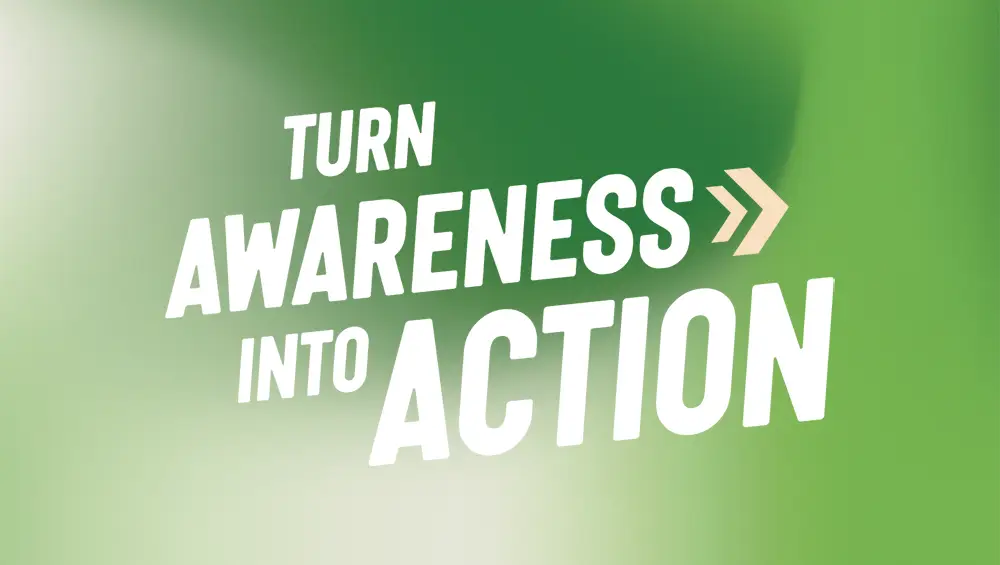11 rhythmic activities to calm your brain during hard moments, incorporate in daily life
By Kathleen McNamara LCSW
Assistant Director of Clinical Training
Youth Villages

Your brain is amazing. It controls everything you think, feel and do. It tells you when you are hungry, tired, frustrated, sad or happy. It helps you do math. It helps you read books. It can also help you regulate your emotions and stay composed in tough situations. When you understand how your brain works, you can have more control of how you think, feel and act.
During Mental Health Awareness Month, we’re highlighting an essential truth: your brain functions
best when it’s regulated.
Your brain has three levels it moves through to work well.
- Calm → This means feeling relaxed and safe.
- Connected → This means you feel like people get you and support you.
- Concentrate → This means you can focus, problem solve and figure things out.
Have you ever tried to figure things out when you’re upset, and you feel like you are in it alone? It doesn’t work very well. That’s why it’s so important to get centered first and connect with others. Only then can you truly engage the smart, thinking part of your brain.
So, how do we do this?
Since getting calm is the key to everything, let’s focus on that. There are so many things in life that can make you feel upset, stressed or frustrated. But there are things we know can soothe our brain.
Activities with rhythm naturally do this, and here are some examples of activities with rhythm:
- Listening to music
- Playing music, drumming or singing
- Dancing
- Participating in a sport
- Running or walking
- Swinging or rocking
- Using a fidget spinner or other fidget toy
- Deep breathing or blowing bubbles
- Drawing, coloring or painting
- Playing with clay
- Playing a card game
You should identify the things on this list you enjoy or would like to try. Don’t wait until you are feeling stressed out to do them. Also, weave as many as you can into your daily and weekly routine. That will get your brain more used to being relaxed and help you get through tough situations.
The next thing is to get connected to others. The more people you have in your life supporting you, the more power your brain will have. Reach out to your parents, other relatives, friends, teachers, coaches and members of your religious or cultural groups. Play a game, take a walk or do an art project together. Build connections, and you will build your brain.
Once you are calm and connected, you will have an easier time concentrating and using the thinking part of your brain to solve problems, focus and figure things out.
If you’re feeling overwhelmed, stressed or alone, know that help is always available.
Getting centered starts with talking to someone who understands. If your child needs immediate support, reach out to:
- Youth Villages Specialized Crisis Hotline: 1-855-CRISIS-1 or (1-855-274-7471)
- Text “TN” to 741741
- National Suicide and Crisis Lifeline: Call or text 988

